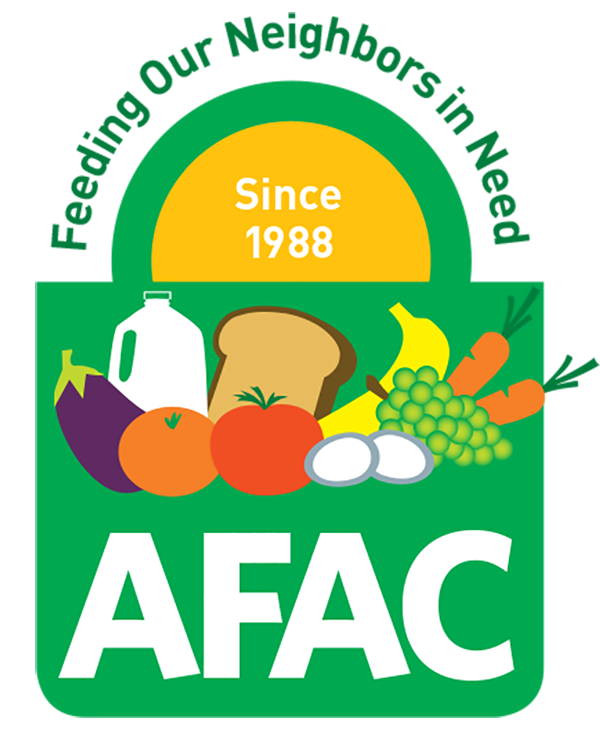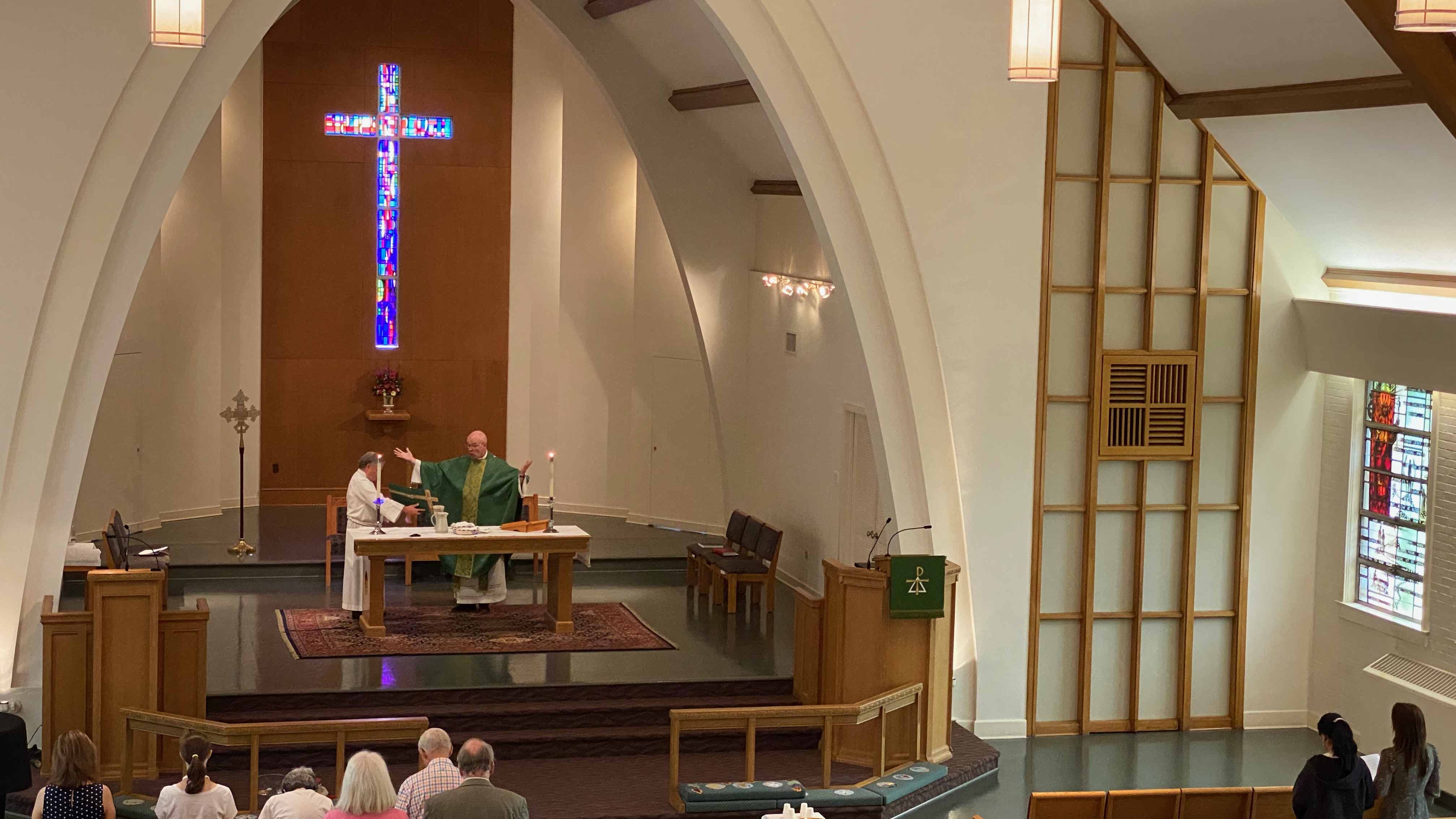Week of the Fourth Sunday of Advent
Advent Evening Prayer via Zoom on Wednesday, December 22
Join us for Advent Evening Prayer via Zoom this coming Wednesday, December 22, at 7:00 pm when Grant Aldonas will offer reflections on hopefulness. A Zoom link will be distributed via Constant Contact. The bulletin is below. Consider printing this out or having access to it electronically along with Evangelical Lutheran Worship if you have a copy at home
 Advent 4 Evening Prayer for December 22, 2021
Advent 4 Evening Prayer for December 22, 2021
“Luther and the Meanings of Christmas”
Dear Friends in Christ:
Recently in these midweek messages, I’ve been drawn to returning to Martin Luther to help shed light on the varied meanings of Advent. Now our focus is on Christmas as we endeavor to distill reasons for the season faithful to our inherited biblical and theological traditions. So, here comes more Luther. Returning to the theological charisms of Luther in these messages to reveal meanings of the Christ event is one of the ways I am living into one of our shared visions for mission in our congregation, and that is to proclaim gospel messages in unashamedly Lutheran accents intelligible to our 21st Century context.
We’ve explored Luther on the “your kingdom come” petition of the Lord’s Prayer in relation to Advent. And we’ve looked again at Luther on Mary, with particular attention to the Hail Mary. So, what does Luther say about Christmas? What follows are passages from some of Luther’s sermons which he preached on Christmas. After each passage, I’ll offer observations and elaborations.
In a Christmas sermon, Luther proclaimed: “When they [Mary and Joseph] arrived at Bethlehem, they were the most insignificant and despised…. No one noticed or was conscious of what God was doing in that stable. God lets the large houses and costly apartments remain empty, lets their inhabitants eat, drink, and be merry; but this comfort and treasure are hidden from them. O what a dark night this was for Bethlehem, that was not conscious of that glorious light! See how God shows utter disregard for what the world is, has, or desires; and furthermore, that the world shows how little it knows or notices what God is, has, and does.” (Sermons for Advent and Christmas Day, Martin Luther, Hendrickson, 2017, p. 94)
This passage from one of Luther’s Christmas sermons reveals his characteristic “theology from below,” which calls us to look for God’s activity in ordinary places and people and occasions where, in whom, and when we least expect divine activity, at least from common human understandings. This “theology from below” – and also Luther’s “theology of the cross” – contrast with “theologies of glory” which direct attention to the more extraordinary and spectacular. In short, Luther might say that if you want to see God most active, look where you least expect the sacred, namely, that which and those who seem to be most humble, if not to say, apparently godforsaken.
When Luther uses the word “world” in this sermon passage, he is using the term in the sense of John’s Gospel to refer to ways of thinking and ordering human society which are antithetical to divine ways and wisdom. It’s not that Luther is constructing a “heavenly holiness up there” and “profane down here” never the twain shall meet kind of reality. Not at all. Luther is very much interested in affirming God’s work in the thick of earthly people and things right down here in the muck and mire of places like a stable with all its animals and feed and even animal waste. God in Christ is deeply present and finds a home in the child, God’s very word made flesh, in the feeding trough which we call the manger. That’s what the incarnation of our Lord at Christmas is all about, Emmanuel, God with us in the apparently lowliest of places and people, perhaps especially those most marginalized and oppressed.
Here’s another sermonic Luther passage for Christmas: “We see here how Christ, as it were, takes our birth from us and absorbs it in his birth, and grants us his, that in it we might become pure and holy, as if it were our own, so that every Christian may rejoice and glory in Christ’s birth as much as if they had themselves been born of Mary as was Christ.” (ibid., 98)
That God deigns to take human flesh in Jesus, son of Mary, son of God, and to be born in the way that all human babies are born has the effect of sacralizing all human birth, all human beings as children of God, created in God’s image. This view is consistent with the happy exchange articulated in Luther’s treatise, “Freedom of a Christian,” where Luther observes that in faith all that Christ is and all that Christ offers becomes ours in a kind of grace-full, nuptial exchange, the two becoming one shared flesh – even as Christ takes on everything that is human. Such a happy exchange also finds expression in Jesus’ birth to Mary, which makes holy, not by our merit, but by Christ’s, our human ways, including natural childbirth. Thus, by grace, we rejoice, even as Mary and Joseph rejoiced, pondering all these wonders in our hearts during the Christmas holy days.
This view that sacralizes, makes holy, human ways has enormous implications for Christian ethics in Lutheran accents. Which is to say, because Christ, born of Mary, makes us and our human ways holy, we are called to acknowledge and honor the holiness of all people, indeed, all creation, even and perhaps especially those most vulnerable to abuse and oppression, those most forsaken, those most despised.
Here’s yet another Luther quote from a Christmas sermon: “That there were shepherds, means that no one is to hear the Gospel for themselves alone, but everyone is to tell it to others who are not acquainted with it. For they who believe for themselves have enough and should endeavor to bring others to such faith and knowledge, so that they may be shepherds of others, to wait upon and lead them into the pasture of the Gospel in this world, during the nighttime of this earthly life.” (ibid., 106)
Luther suggests in this passage that proclamation of the gospel is a community effort, it’s not the sole domain of the heavenly angels. Indeed, the common shepherd folk share in the announcement of good news for all people that a savior is born to us. Which is to say, preaching the gospel is not just the responsibility of the pastors, the preachers, specially called to that ministry. Indeed, all of God’s people share in gospel proclamation – by standing to proclaim God’s word in song through the hymns of the day, in mutual conversation and consolation with siblings in faith, and by good deeds done in loving service of our neighbors. For when it’s all said and done, we are all beggars showing each other where bread can be found. In short, good news is meant to be proclaimed and shared in many and various ways by many and various people.
A final Luther Christmas sermon quote: “Thus Christ has always been the Life and Light, even before his birth, from the beginning, and will ever remain so to the end. He shines at all times in all creatures, in the holy Scriptures, through his saints, prophets, and ministers, in his word and works; and he has never ceased to shine.” (ibid., 133)
Here Luther makes reference to the prologue to John’s gospel which is featured as a gospel reading for Christmas Day – “In the beginning was the Word…” (cf. John 1:1-18). What is significant here, again in keeping with the sacralization that occurs in creation because of the incarnation of Christ at Christmas and for all time, is that the Light and Life of Christ are not limited to Jesus, but can be identified in all creatures (not just humans!), in the pages of the Bible, in the witness of all saints and prophets and ministers (not just those ordained!), all giving expression to Christ in word and deeds, God’s work, our hands. So it is that the Christly light of Christmas shines during these holy days, and always and forever.
With these hopeful, encouraging, and grace-filled thoughts in mind, may you all have blessed Christmas holy days indeed!
To keep some of the sabbath of these days, there will not be a midweek message from me during the week between Christmas and New Year’s when I’ll be spending time with my son and our family in North Carolina and Georgia.
Merry Christmas and Happy New Year – in Christ Jesus, God’s word made flesh,
Pastor Jonathan Linman







